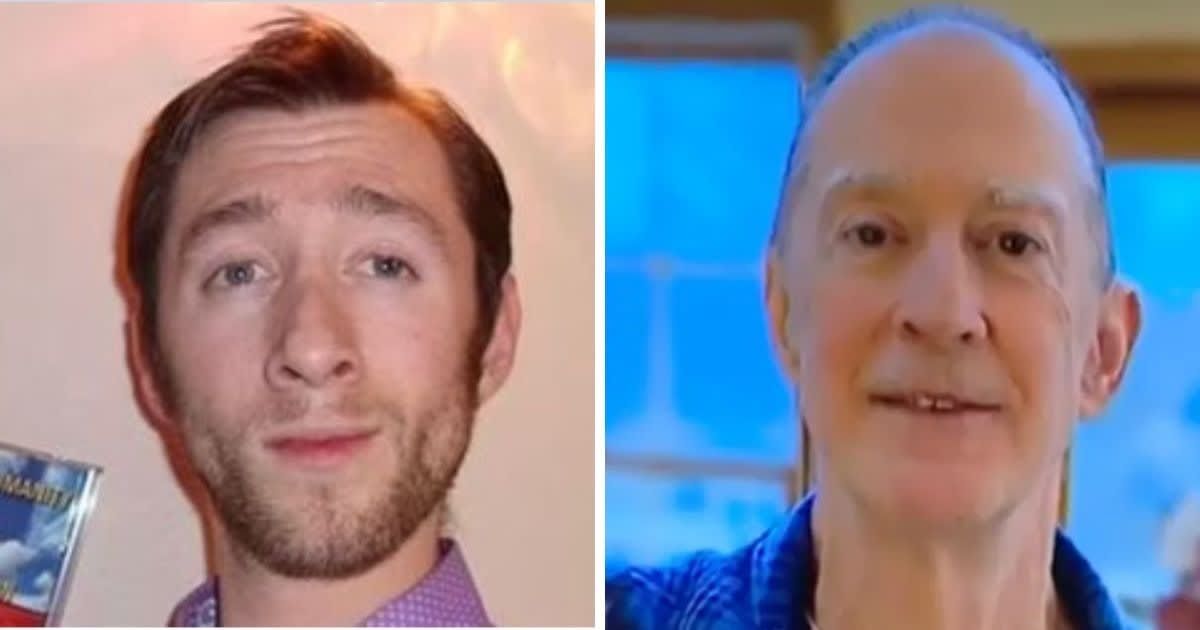Justin Mohn: Video of man who beheaded father remained on YouTube for hours and gained 20K views on X

Warning: This article contains a recollection of crime and can be triggering to some, readers’ discretion advised.
LEVITTOWN, PENNSYLVANIA: A 32-year-old man is accused of beheading his father, and subsequently sharing a disturbing video on YouTube featuring the severed head.
The video that circulated for hours on YouTube and then on X has put under scrutiny the gaps in social media companies’ ability to prevent graphic postings from spreading across the web.
Justin Mohn, an employee of Microsoft, was apprehended at Fort Indiantown Gap a few hours after the discovery of his father Michael Mohn's dismembered body in the bathroom of their Middletown Township home in Bucks County on Tuesday, January 30.
What did the spokesperson for YouTube say?
On Wednesday, the police announced that Justin Mohn, 32, had been charged with first-degree murder and abuse of a corpse after he decapitated his father in their Bucks County residence and shared a 14-minute video on YouTube for public viewing.

A YouTube spokesperson informed CBS News that the platform maintains strict policies against graphic violence and violent extremism.
"The video was removed for violating our graphic violence policy and Justin Mohn's channel was terminated in line with our violent extremism policies," the spokesperson stated. "Our teams are closely tracking to remove any re-uploads of the video."
YouTube utilizes a combination of artificial intelligence and human moderators to monitor its platform. In the third quarter of 2023, the site reportedly took down 8.1 million videos for policy violations, with over 95% of these videos initially flagged by automated systems.
However, the video-sharing site did not respond to inquiries about how the video was detected or why action wasn't taken sooner.
What did Middletown Township Police Capt Pete Feeney said?
Middletown Township Police Capt Pete Feeney disclosed that the Pennsylvania video was uploaded around 10 pm on Tuesday and remained online for approximately five hours.
This delay raises concerns about the effectiveness of social media platforms in implementing moderation practices, especially during times of global conflict and heightened political tension.
Alix Fraser, director of the Council for Responsible Social Media at the advocacy organization Issue One, criticized social media companies, stating, "It's another example of the blatant failure of these companies to protect us. We can't trust them to grade their own homework."

While major social media companies employ automated systems for content moderation, these technologies may fall short when confronting new or unusual forms of violent and graphic content, according to Brian Fishman, co-founder of the trust and safety technology startup Cinder.
Fishman emphasized the crucial role of human moderators in such situations, noting that AI is improving but not yet flawless.
Justin Mohn’s video of beheading father went viral on X
Despite this, the graphic video had already spread to X by Wednesday morning, where it remained on the platform for at least seven hours, garnering 20,000 views. X, formerly known as Twitter, did not respond to requests for comment.
Experts on radicalization argue that social media has facilitated easy access to extremist groups, enabling individuals predisposed to violence to find like-minded communities.
In the video, Mohn described his father, a 20-year federal employee, espoused conspiracy theories, and ranted against the government.
While most social platforms have policies to remove violent and extremist content, the rise of less closely moderated sites has allowed hateful ideas to proliferate unchecked, says Michael Jensen, senior researcher at the Consortium for the Study of Terrorism and Responses to Terrorism (START).
Jacob Ware, a research fellow at the Council on Foreign Relations, stressed the need for social media companies to be more vigilant in regulating violent content, acknowledging that social media has become a frontline in extremism and terrorism.
Nora Benavidez, senior counsel at the media advocacy group Free Press, proposed tech reforms, including increased transparency about the impact of layoffs on specific employees and more investment in trust and safety workers.
She pointed out recent layoffs at Google, the owner of YouTube, as an example of potential negative consequences for content moderation efforts.










